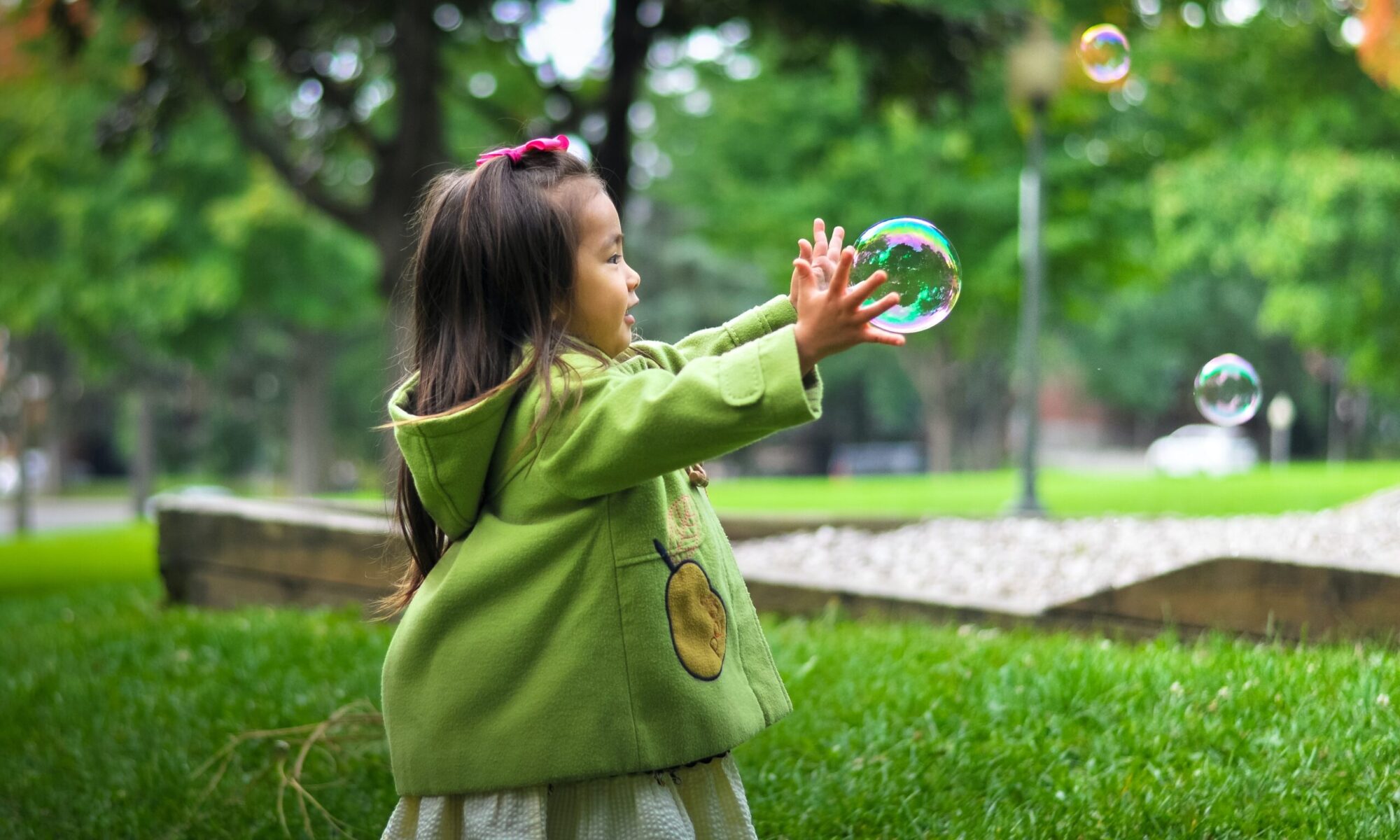Montessori is a philosophy of education developed by Italian physician and educator, Maria Montessori.
While the Montessori method was originally developed for classroom use, many families are recognizing that Montessori homeschooling has a wide range of benefits.
By creating a prepared environment in alignment with Dr. Montessori’s philosophies, parents will encourage a love of learning within the safety of their own home.
Browsing Pinterest, Instagram, Teachers Pay Teachers and other homeschool resources can feel overwhelming. Leaving you wondering how you’re going to afford all of these materials.
And, if you’re working from home like me – when am I even going to do this?
The truth is you can pretty much turn any area of your home into a Montessori homeschooling environment.
And, I can assure you, you are already doing a lot more than you realize.
Montessori homeschooling is more along the lines of recommendations than a rigid curriculum because Montessori is a philosophy allowing any parent to create lesson plans to compliment their child’s natural interests.
The easy way to accomplish this is by keeping plenty of materials on hand that allow you to use the Montessori method at home.
Montessori learning tools and resources are widely available, but that doesn’t mean that parents have to break the bank.
For example, there are many Montessori materials that you can make at home:
- Cut tactile letters from sandpaper or felt.
- Nuts and bolts strengthen fine motor skills.
- Plato to shape numbers.
- Scrabble letters for spelling practice.
- Options are endless.
Anything that invites your child to experience learning in an active way achieves Montessori principles.
On this site, you will learn ways to easily homeschool your children by integrating Montessori into your daily life.
Preschool Montessori Curriculum
Preschool is a great time to start using Montessori homeschooling.
To begin, look at your home through the eyes of your child. Children need a sense of belonging and purpose.
“Help me do it by myself” is the moto of a 2 – 4 year old.
Walk through the rooms in your house and look at each room from your child’s perspective.
Can they easily see and take a book from the shelf to a comfortable, quiet space to read?
Are items from nature within easy reach?
Is art work hanging at eye level?
Can they reach their own clothes and shoes?
Are they able to reach a toothbrush, washcloth and hair brush, without assistance from an adult?
Are materials for learning such as craft supplies, athletic equipment, imaginative play wear and building tools accessible?
In Montessori preschool – kindergarten classes (ages 3 – 6) it is this practical life element that builds habits of thinking logically, making intelligent decisions, following complex processes and care in actions, that prepare for a life of independent thinking and responsible action.
Preparing a Montessori Preschool Environment
The Montessori preschool environment is prepared with hands-on materials, cultural and artistic works and books. There are no electronics or plastics.
Books and educational toys made of natural materials are thoughtfully curated.
The educator’s role is to model kindness and consideration, to give careful individual lessons, to observe the child, follow their interests and to refrain from interrupting when the child is concentrating on an activity.
This will be the hardest part as a parent. Do not disrupt the child’s concentration by attempting to encourage, praise or correct “mistakes.”
We must learn to present the lesson, and melt in to the background to observe.
Think of ways to include your child in self-care and care of the home:
- Cleaning
- Gardening
- Personal hygiene
- Caring for animals
- Meal preparation
Providing opportunities to care for self and the home will build the independence and confidence children need for life.
Please note, the child is never forced to attend a lesson or do a piece of work. The environment is simply prepared for the child to be successful in developing preliminary skills.
First Grade Curriculum
Some people will try to imitate the traditional school model by following a strict schedule of school hours, using desks, etc because that is what they know.
The traditional school model is not Montessori homeschooling. In a Montessori classroom, children are introduced to skills within their area of interest and learn how subjects relate to each other.
We have found that when education combines learning with living, children develop an excitement for learning and retain information better.
For older children (ages 6+) the educator (you) teaches the child how to learn from their environment and the wider world.
Students are taught how to do research, contact specialists, go into their neighborhood and greater community to interview and research.
Class hours are their own. Uninterrupted by schedules and required lectures. Homework is not a requirement in homeschool.
Montessori homeschooled children often carry interests and research into the evenings and weekends, combining learning and living.
Montessori Unit Studies
If you’re feeling overwhelmed trying to figure out homeschooling, don’t worry about rotating materials as often.
You do not have to do in depth unit studies. Preparing the environment and engaging your child in every day living and learning is exceptional.
Designate a shelf at your child’s height with basic Montessori materials. Rotate art and cultural materials seasonally. Introduce holiday-themed trays a few weeks before a major holiday.
Our oldest is beginning first grade (at the time of writing this article) so we are diving in head first and would love it if you would join us.
Join a Community of Homeschooling Montessori Families
Curated Montessori inspired unit studies for ages 2 – 8+.
Integrating art, music, science experiments, mathematics, reading and writing skills.
Resources include video examples, printed materials and where to purchase high quality materials.
Starting with a summer space camp! Register your interest below.
